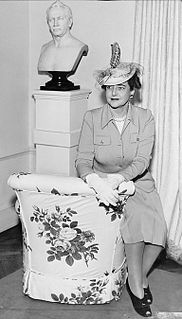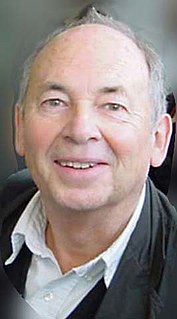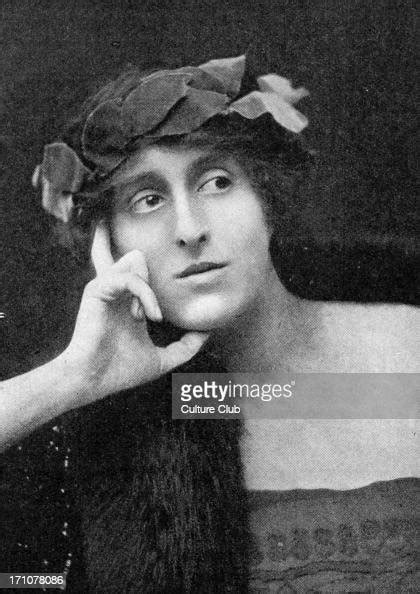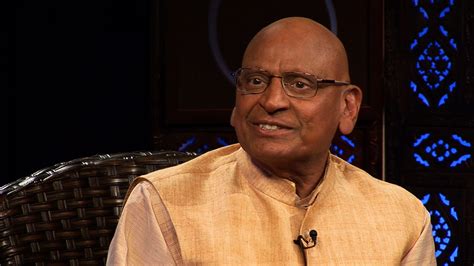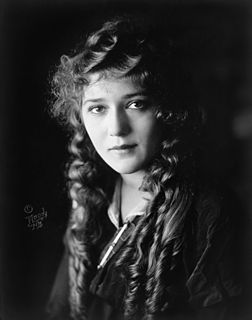A Quote by John Burroughs
Robin is one of the most native and democratic of our birds; he is one of the family, and seems much nearer to us than those rare, exotic visitants, as the orchard starling or rose-breasted grossbeak, with their distant, high-bred ways.
Related Quotes
Robin Williams was an airman, a doctor, a genie, a nanny, a president, a professor, a bangarang Peter Pan, and everything in between. But he was one of a kind. He arrived in our lives as an alien - but he ended up touching every element of the human spirit. He made us laugh. He made us cry. He gave his immeasurable talent freely and generously to those who needed it most - from our troops stationed abroad to the marginalized on our own streets. The Obama family offers our condolences to Robin’s family, his friends, and everyone who found their voice and their verse thanks to Robin Williams.
So when we sing, 'Draw me nearer, nearer, blessed Lord,' we are not thinking of the nearness of place, but of the nearness of relationship. It is for increasing degrees of awareness that we pray, for a more perfect consciousness of the divine Presence. We need never shout across the spaces to an absent God. He is nearer than our own soul, closer than our most secret thoughts.
The impulse to confession almost always requires the presence of a fresh ear and a fresh heart; and in our moments of spiritual need, the man to whom we have no tie but our common nature, seems nearer to us than mother, brother, or friend. Our daily familiar life is but a hiding of ourselves from each other behind a screen of trivial words and deeds, and those who sit with us at the same hearth, are often the farthest off from the deep human soul within us, full of unspoken evil and unacted good.
The endless cycle of idea and action, Endless invention, endless experiment, Brings knowledge of motion, but not of stillness; Knowledge of speech, but not of silence; Knowledge of words, and ignorance of the Word. All our knowledge brings us nearer to our ignorance, All our ignorance brings us nearer to death, But nearness to death no nearer to God. Where is the Life we have lost in living? Where is the wisdom we have lost in knowledge? Where is the knowledge we have lost in information? The cycles of Heaven in twenty centuries Bring us farther from God and nearer to the Dust.
It always seemed to me that the herbaceous peony is the very epitome of June. Larger than any rose,
it has something of the cabbage rose's voluminous quality; and when it finally drops from the vase, it
sheds its petticoats with a bump on the table, all in an intact heap, much as a rose will suddenly fall,
making us look up from our book or conversation, to notice for one moment the death of what had
still appeared to be a living beauty.
I won't say he [Shakespeare] 'invented' us, because journalists perpetually misunderstand me on that. I'll put it more simply: he contains us. Our ways of thinking and feeling-about ourselves, those we love, those we hate, those we realize are hopelessly 'other' to us-are more shaped by Shakespeare than they are by the experience of our own lives.
The truth of the matter is, beauty is a specific thing, rare and fleeting. Some of us have it in our teens, 20s and 30s and then lose it; most of us have it not at all. And that's perfectly okay. But lying to yourself that you have it when you don't seems to me simple-minded at best and psychotic at worst.



